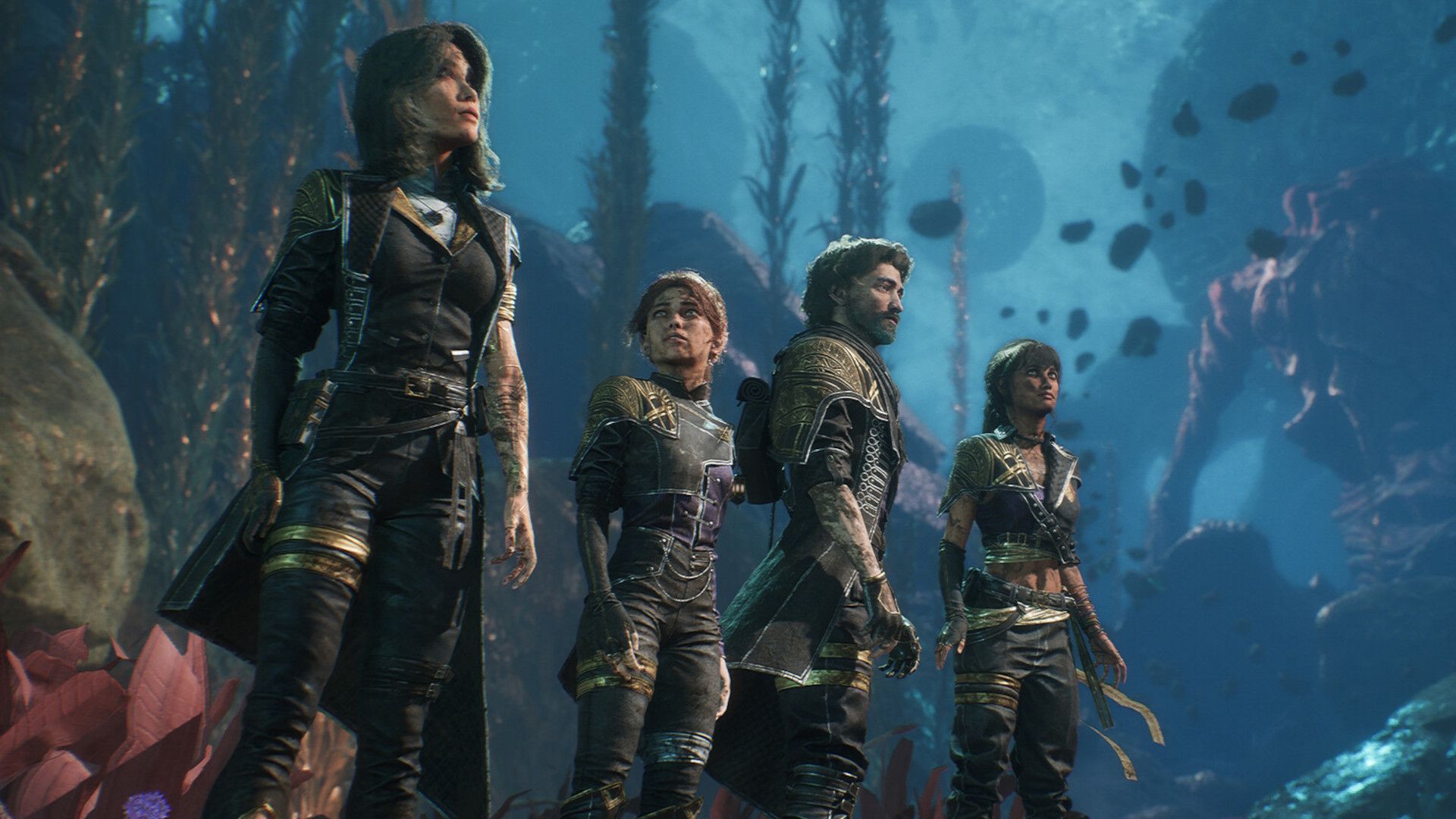The Witcher 3: Wild Hunt is one of the best game I’ve ever performed. Geralt and co. have gained numerous accolades since launch, and I like them as a lot as my precise household.
I am keen on The Witcher Three a lot I’ve the colouring guide, the novels, the cosplay calendar, and am contemplating getting audio tapes so I can Witcher within the bathtub.
Just like how Geralt’s story is instructed by way of many mediums, the game itself takes on quite a lot of kinds: it’s as difficult as it’s considerate, as vibrant as it’s grim. It’s a fantasy story, however someway it feels deeply private as properly.
Where many RPGs provide binary good and evil selections, The Witcher Three is all about shades of gray, identical to Geralt’s pretty beard.

Geralt is a hero who is motivated by pure logic. He’s methodical, affected person and resilient; he can all the time see the larger image – granted, he has superhuman Witcher senses – and is prepared to present everybody a say.
He’s additionally an outsider, a non-human, a freak. He exists on the peripheries of society, known as upon solely when persons are determined – in any other case he’s deemed unworthy of consideration, care, or respect.
This is strikingly much like what it’s prefer to reside with psychological sickness. Games corresponding to Hellblade or Night within the Woods cope with themes of psychosis and despair, however I really feel The Witcher Three provides a way more rounded and lifelike image of what it’s actually prefer to reside with psychological sickness.
Just like how witchers are feared by the uneducated, there’s a stigma connected to folks with psychological well being points. Your voice and expertise are sometimes solely valued in sure conditions, corresponding to for analysis functions or when one more social media publish about psychological well being comes round. To high it off, you most definitely face the insults and discrimination Geralt does.
You hardly must go down a Reddit black gap to seek out pages about residing with somebody with BPD/EUPD and the way “manipulative”, “lazy”, “awful”, “disgusting” we’re. Much like Geralt, folks see us as freaks.

The Witcher Three offers with the loneliness of residing on the sting of society in an fascinating and delicate approach: Geralt is aware of he’s completely different, however he accepts himself. He harbours no resentment, no disgrace for who he’s. He accepts that loneliness of strolling the Path is his to bear.
That’s to not say that Geralt is ever alone for lengthy – he often seeks the consolation of girls, there are fellow witchers he calls his brothers, and he has cast friendships with people and non-humans alike over his near-century lengthy existence. And that’s the most correct portrayal of actual life, psychological sickness or not, that I’ve ever present in a game – minus swordfighting 30 years previous your pension. Ultimately, we’re alone in our private pursuits, and that there’s nothing shameful about it.
The Witcher promotes a message of self esteem, self respect and self care that permeates by way of the whole sequence; at no level does Geralt draw back from his duties or query his beliefs or wants. He is an unimaginable function mannequin who has no disgrace in displaying vulnerability and embracing his lot in life.
Whether it’s Anna’s signs and dementia, the Bloody Baron’s alcoholism and despair, Syanna’s abandonment and trauma, the game continually touches on actual world points. The Witcher Three is concurrently a world that’s swathed in conflict, apathy and unhappiness, and one with reunited households, pleasure and love. Those shades of gray.

Living with EUPD, it’s extremely simple to overlook my strengths, my expertise and even my relationships; the phrase “feeling empty” is thrown round quite a bit in scientific discussions but it surely’s extremely tough to explain the way it truly feels. The sorceresses of The Witcher converse of how they use their magic to make themselves look stunning as a result of they want to seem extra highly effective than they’re. They thrive on superiority.
In the guide, “The Last Wish”, Sapkowski writes about how Geralt can see in Yen’s eyes that she is a misshapen hunchback from a poor household, versus the beautiful, aristocratic picture she curates. Whilst a departure from Geralt’s stalwart self acceptance, the sorceresses are a metaphor for the picture we create and need others to see, versus what we could really feel inside.
My era is particularly good at creating on-line personas of being aloof, outgoing and self-reliant once we could also be something however that. It’s taken me a really very long time to place my actual self on the market; that’s, somebody with an extremely dry sense of humour who actually likes video games. And The Witcher helped me get there.
There’s a bit in direction of the tip of Blood & Wine which helped me come to phrases lastly with who I’m. Whilst sharing a drink, Regis asks Geralt if he had been to do all of it once more, would he select to be a Witcher? You can say no, clearly, however answering sure was an extremely self-affirming alternative and a second which nonetheless strikes me after I make it.
If there’s one message I may get on the market, it’s this: play The Witcher 3. Oh, and love and respect your self for who you might be… That’s vital, too.
Read extra: our big CD Projekt Red anniversary interview.


